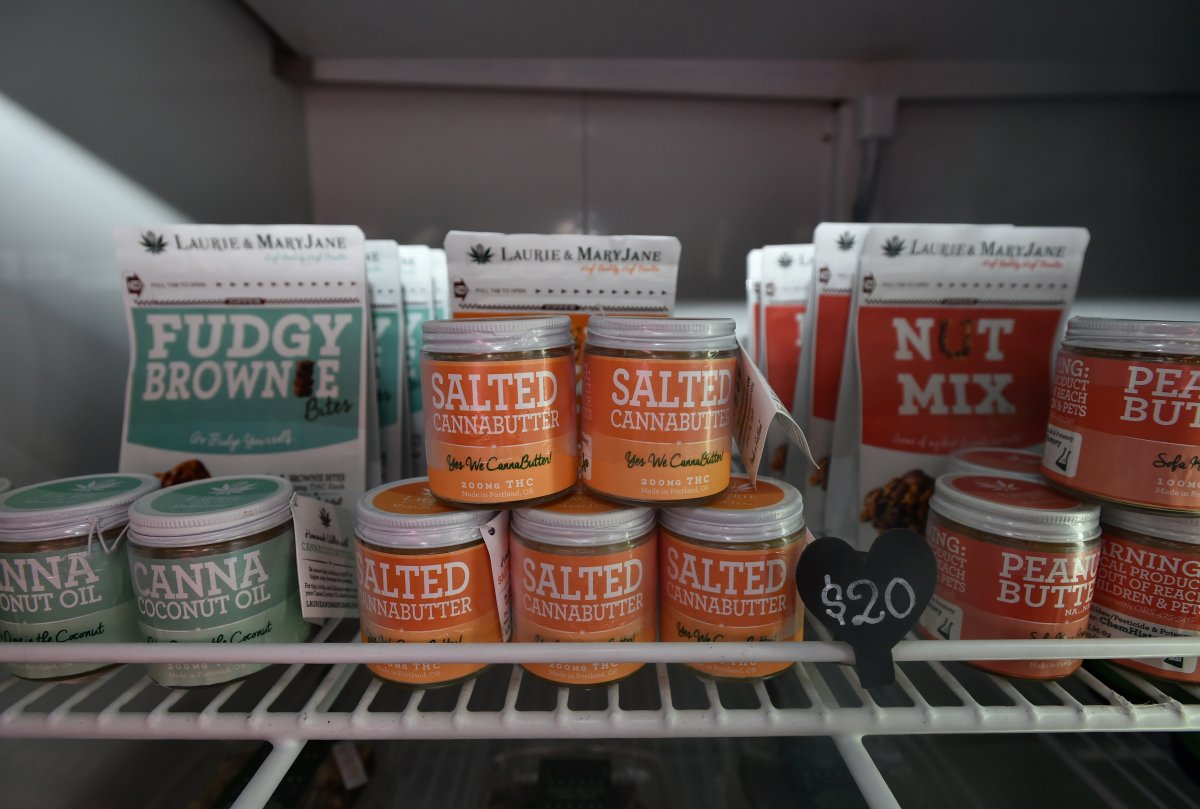Cannabis edibles and beverages would be limited to 10 mg of THC, a moderate dose, under proposed federal rules unveiled Friday.

Pot meant for ingestion would have to have no added alcohol, limited caffeine and come in a plain, child-resistant package.
Legal edibles could not be appealing to children, could make no health or dietary claims, and ould not be presented in a way that associates them with brands of alcohol.
The proposed rules are an attempt to address one of the issues with edibles in states like Colorado, where portion sizes seemed to make it easy for people to consume far more than they realized or intended.
In a memorable 2014 article, the New York Times‘ Maureen Dowd describes the aftermath of eating a THC-laced chocolate bar in Colorado that was intended to be split into 16 one-person pieces, crucial information she says wasn’t on the label:
“I lay curled up in a hallucinatory state for the next eight hours,” she wrote.

Get daily National news
“I strained to remember where I was or even what I was wearing, touching my green corduroy jeans and staring at the exposed-brick wall. As my paranoia deepened, I became convinced that I had died and no one was telling me.”

Grey-market edibles, some very potent, are sold across Canada. Children in B.C., Quebec, Ontario and Nova Scotia have been hospitalized this year after eating illegally produced edibles which took the form of cookies, hard candy, chocolate bars or gummy bears.
While edibles in the form of food or beverages won’t be available until mid-2019, gel caps and oils have been sold since Oct. 17.
Licenced producers have said in the past that they think the future of cannabis is as a beverage, not as a smoked product. For one thing, fewer and fewer people smoke; for another, the culture is used to alcohol, where doses can be measured in a liquid form.

Alcohol giant Constellation Brands has invested heavily in the Canadian cannabis market.
Health Canada will be accepting comments on the proposed rules until Feb. 20, 2019.


Comments